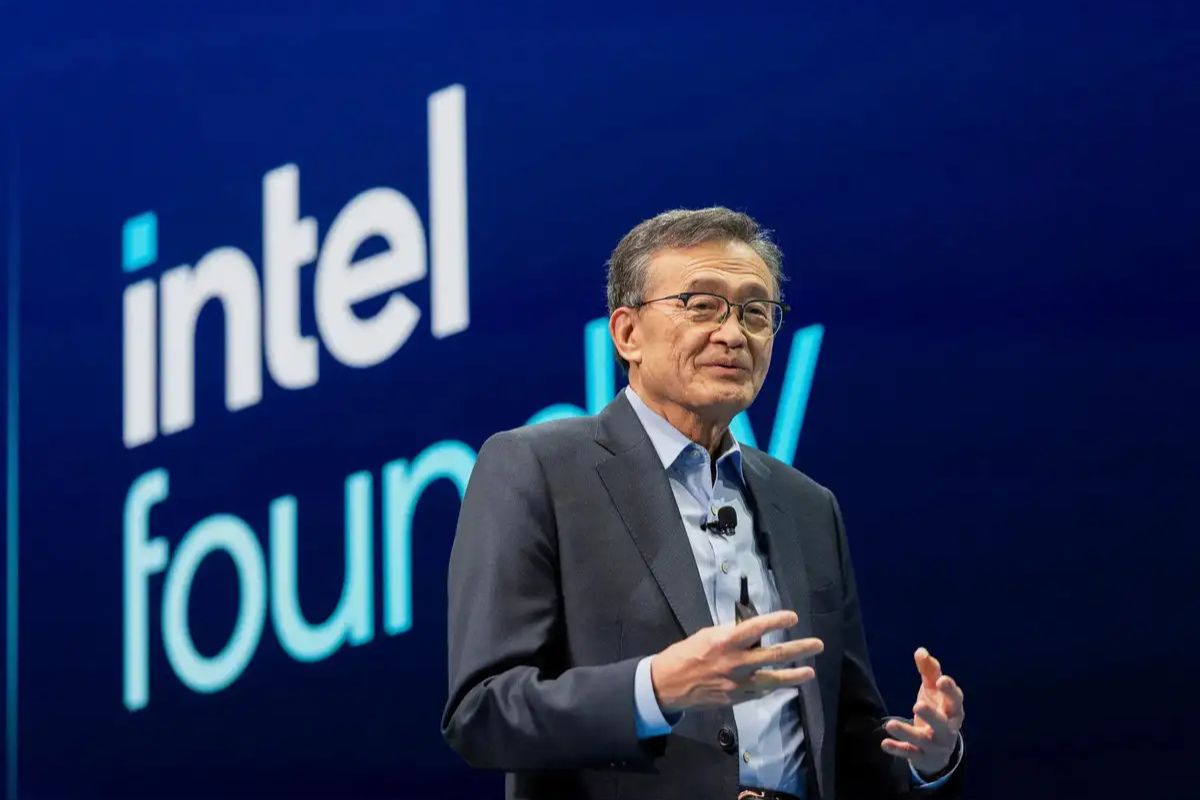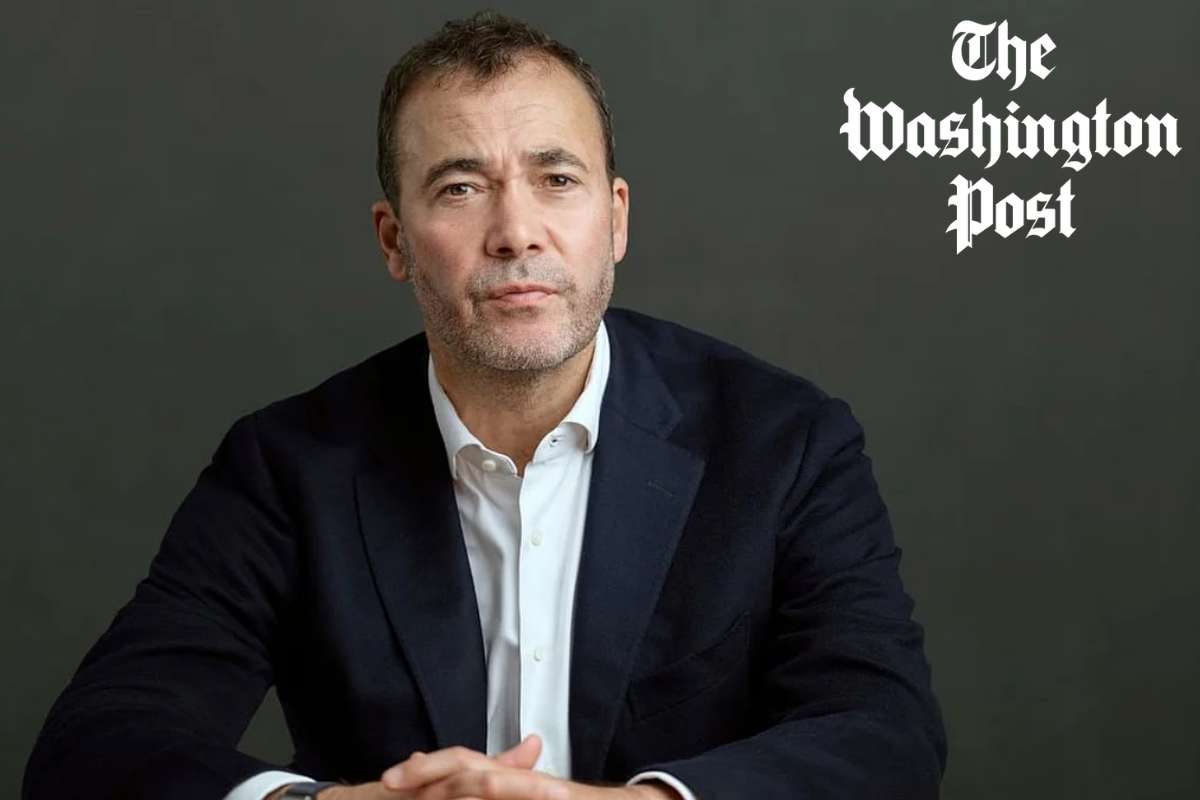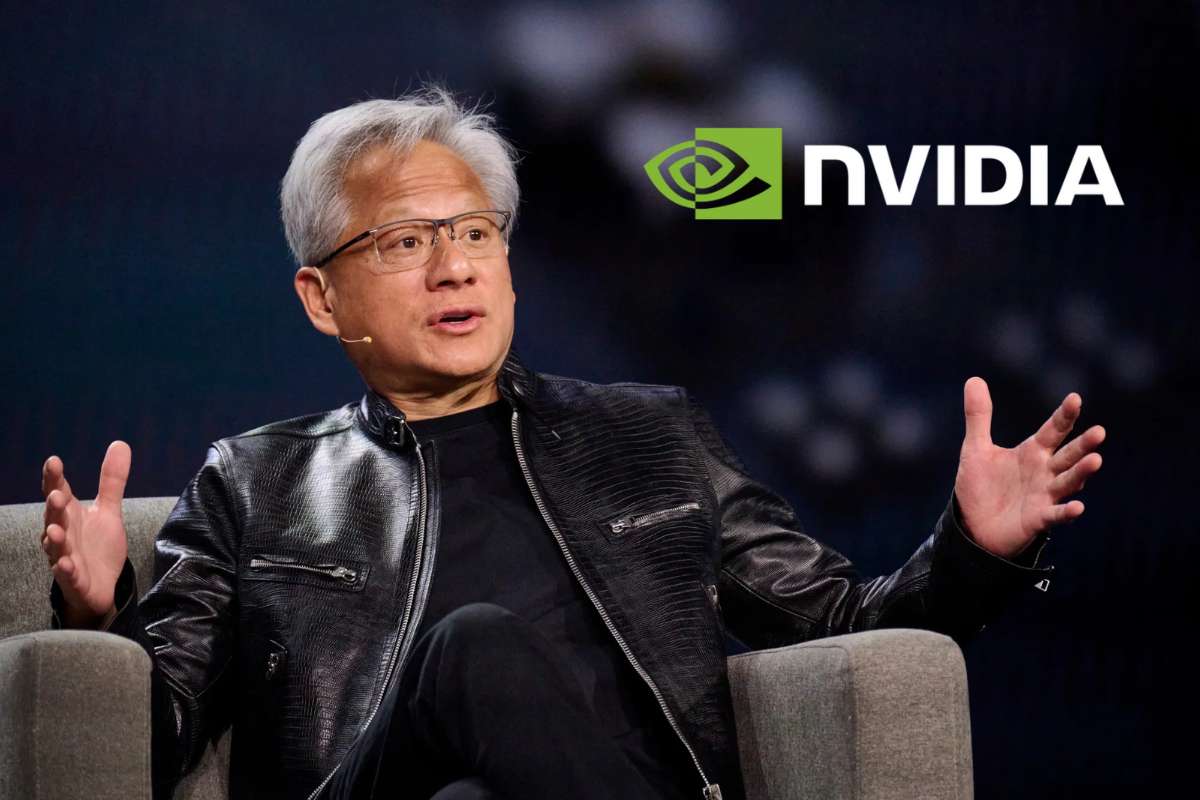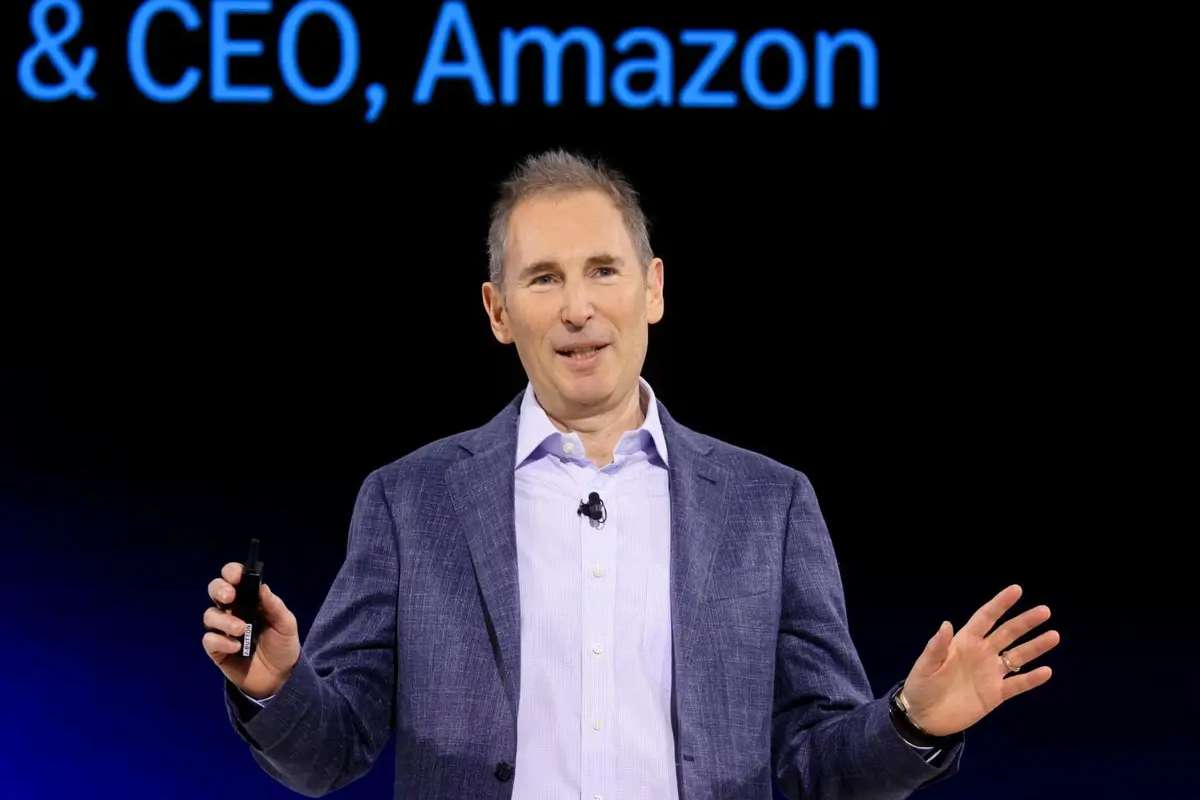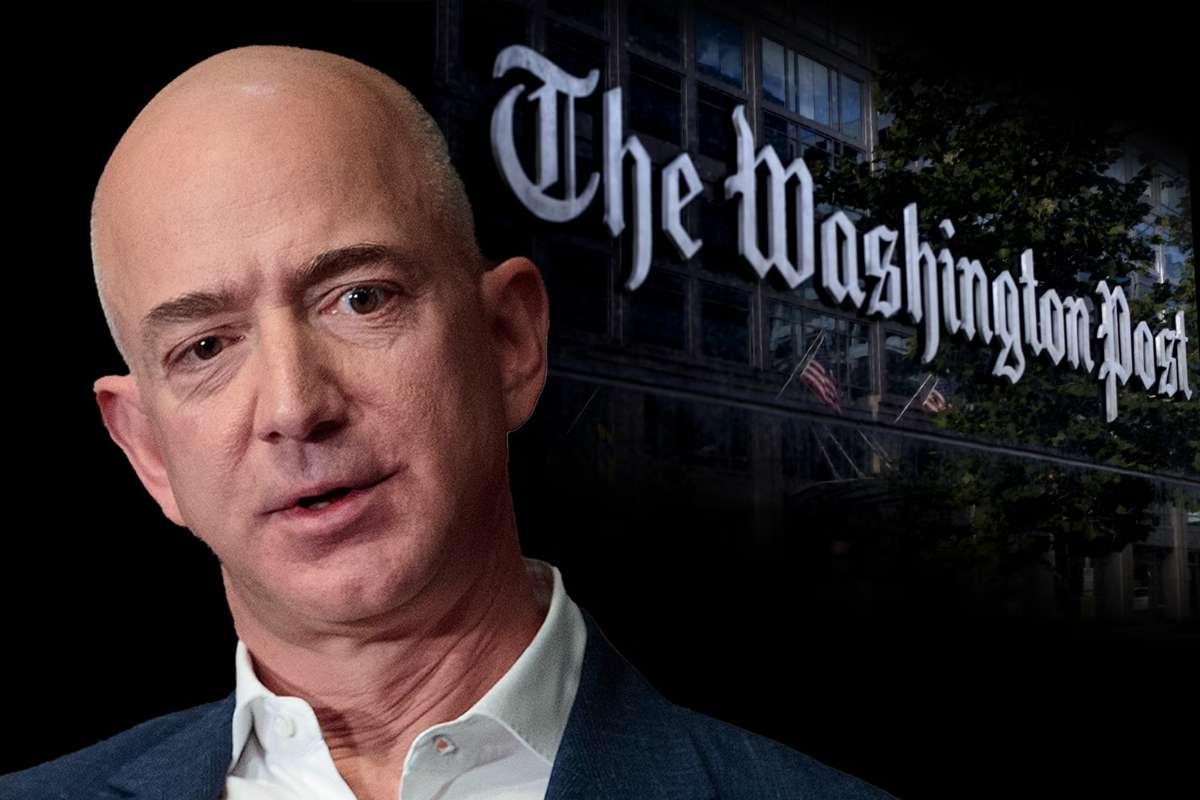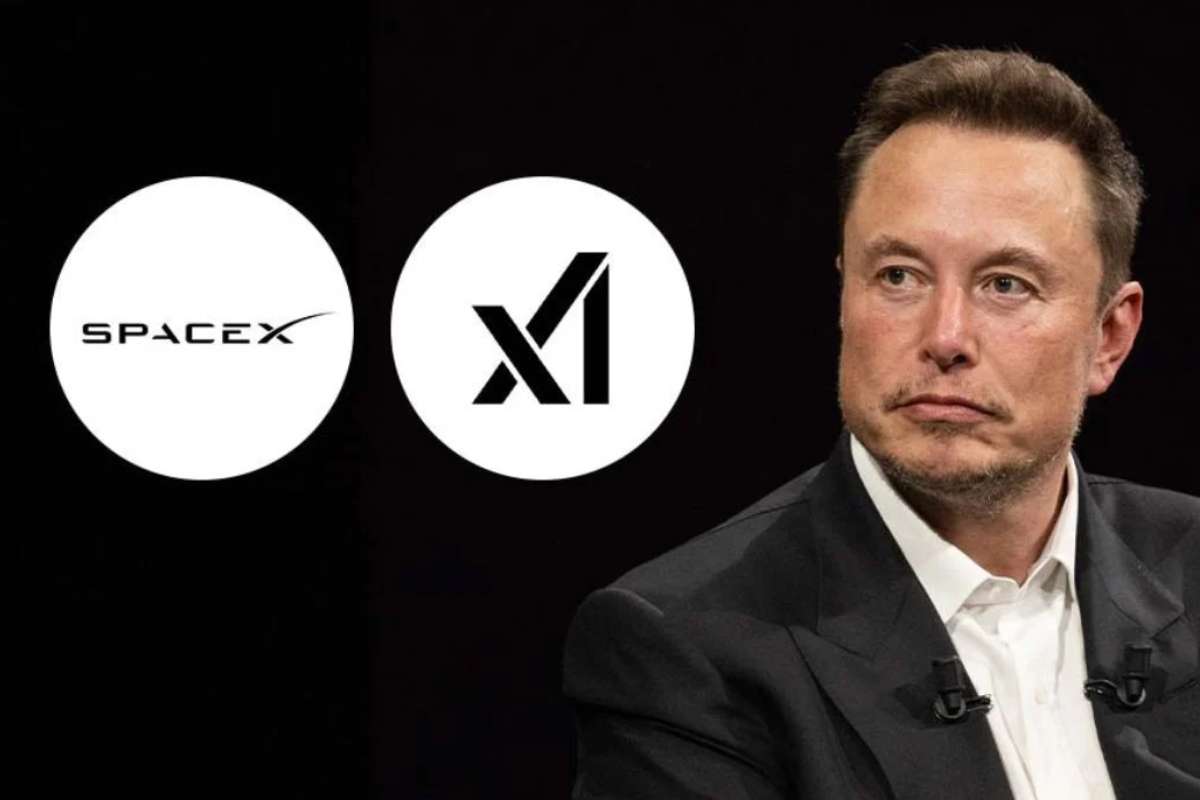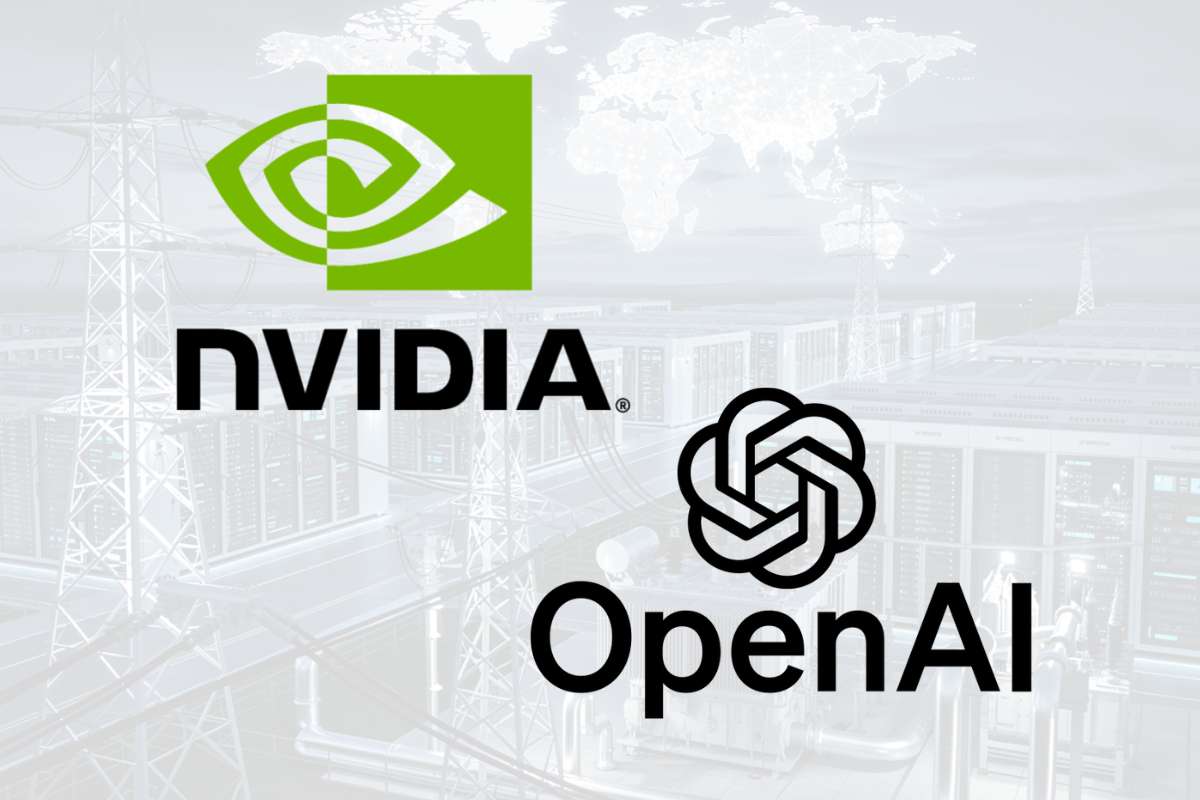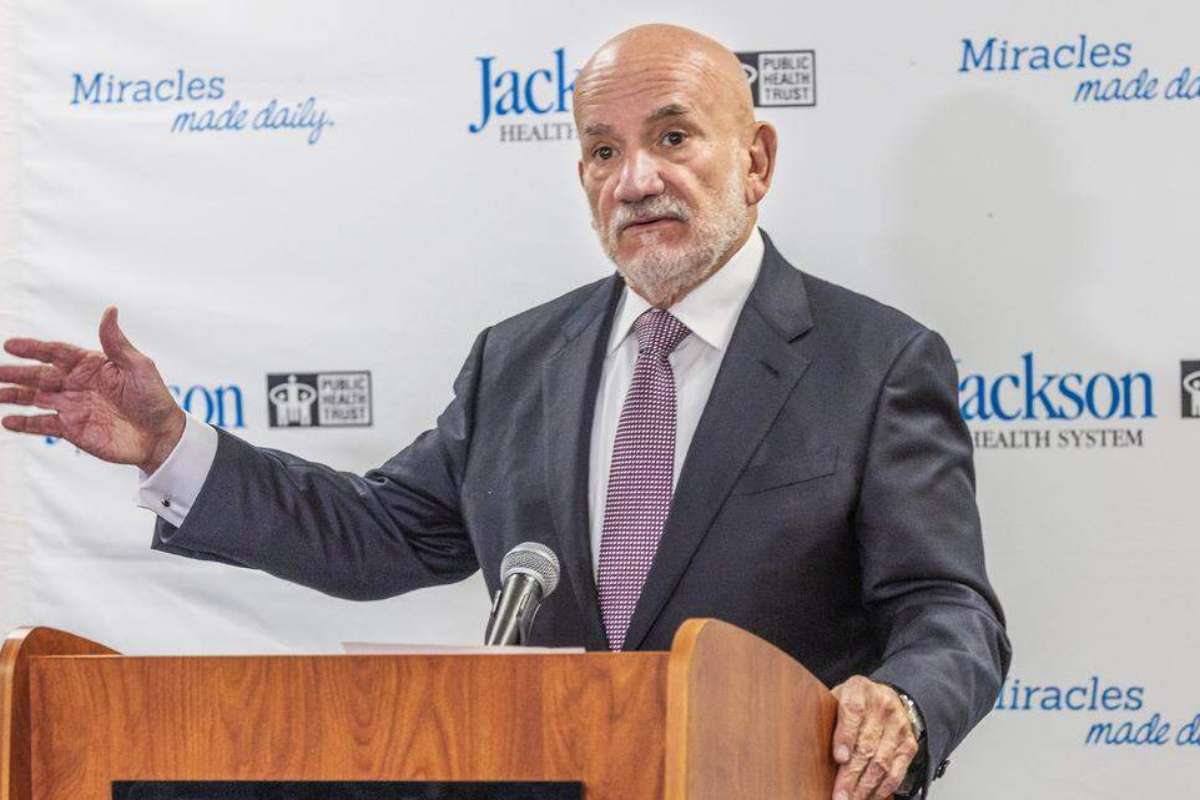Intel CEO Lip-Bu Tan is at the center of a growing storm after sharp scrutiny over his past business ties with Chinese semiconductor companies triggered investor unease and media attention. On August 7, 2025, Tan came under fire following public calls for his resignation, prompting Intel’s shares to drop by more than 3% during trading hours.
This development comes at a sensitive time for Intel. The company is undergoing a major operational overhaul aimed at regaining its foothold in advanced chip manufacturing and competing more aggressively with rivals like NVIDIA and AMD. With billions in CHIPS Act subsidies in play and its strategic role in U.S. technological infrastructure under review, any concerns over executive-level conflicts of interest could have significant operational and reputational consequences.
Lip-Bu Tan’s China-Linked Investments Draw Focus
Lip-Bu Tan, who became Intel’s CEO in March 2025, has had a long and storied career in the global semiconductor sector. Before joining Intel, he led Cadence Design Systems for over a decade and founded Walden International, a Silicon Valley venture capital firm that invested heavily in emerging tech startups, particularly across China and Southeast Asia.
Reports indicate Walden International had channeled over $200 million into more than 100 Chinese semiconductor and manufacturing startups. Some of these firms are now being examined for their links to state-owned enterprises or Chinese military interests. In a separate case, Cadence—under Tan’s leadership—settled charges related to unauthorized exports to a Chinese university with military affiliations.
The scrutiny has raised concerns among U.S. stakeholders about potential conflicts of interest, especially considering Intel’s active participation in defense programs and federal initiatives aimed at reshoring chip production. Key figures in government and industry are now asking whether a globally connected executive can fully align with emerging standards around national security and supply chain integrity.
Intel Backs CEO as Pressure Mounts
Intel has so far expressed full confidence in Tan, releasing a statement affirming its commitment to U.S. innovation, security, and domestic manufacturing. The company pointed to Tan’s leadership in driving technology partnerships, expanding AI capabilities, and accelerating U.S.-based chip production.
However, industry analysts warn that the reputational risks could intensify if scrutiny continues or if additional concerns over past dealings surface. Intel, already navigating job cuts and competitive threats, now faces the added burden of defending its leadership amid rising expectations for executive transparency and alignment with national strategic priorities.
As the semiconductor industry becomes more geopolitically sensitive and corporate accountability sharpens, Lip-Bu Tan’s tenure at Intel may define a new standard for global leadership in U.S.-based tech firms, where innovation must also meet trust, transparency, and strategic alignment.

